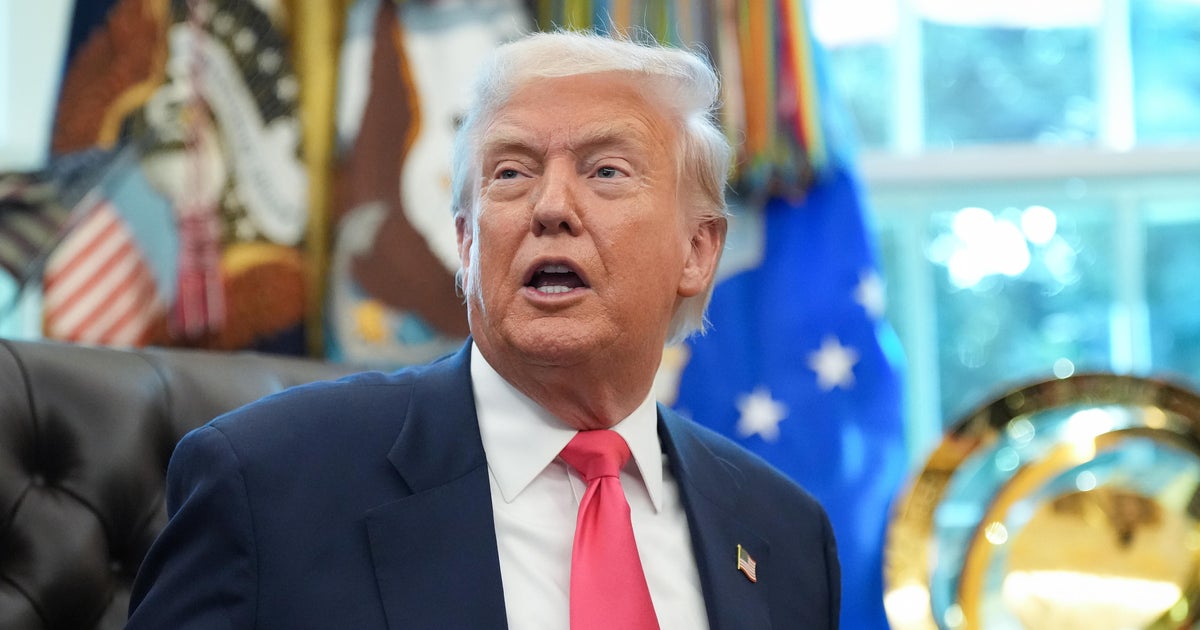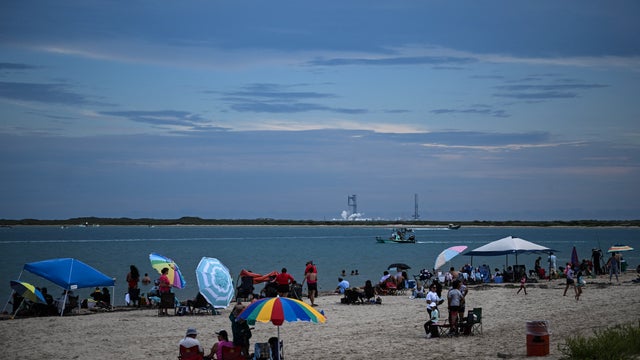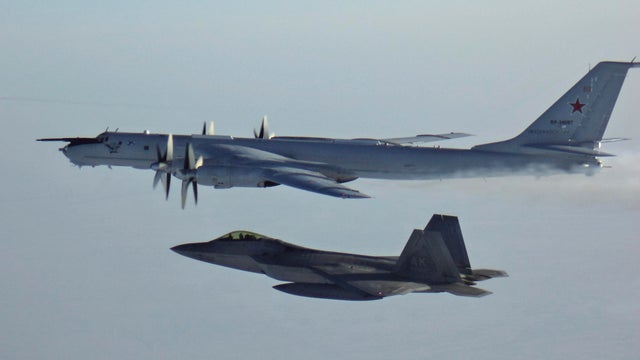

The political landscape erupted as former President Donald Trump, in a surprise move, signed two executive orders targeting criminal justice and freedom of expression. The first order aimed to effectively end cashless bail in Washington, D.C., a move he framed as crucial to public safety. The second sought to ban flag burning, a long-standing point of contention for the former president, citing a need to protect national symbols. The order concerning cashless bail immediately drew fire from civil rights groups who argued it would disproportionately impact low-income individuals and communities of color, leading to pretrial detention based on financial status rather than risk assessment. Legal experts questioned the executive order's constitutionality, pointing to the inherent limitations of presidential power in the District of Columbia, which operates under a separate legal framework. Opponents claimed the order disregarded established due process rights and could lead to an increase in pretrial incarceration, overcrowding, and potentially wrongful convictions. Supporters, however, lauded the move as a necessary step to curb rising crime rates, arguing that cashless bail allows dangerous individuals to be released back into the community. The ban on flag burning provoked equally strong reactions. While Trump framed the action as a necessary measure to uphold national unity and respect for the flag, critics immediately denounced it as a direct violation of the First Amendment's protection of freedom of speech. They argued that even offensive symbolic acts are protected under the Constitution. Legal scholars predicted immediate court challenges, citing landmark Supreme Court cases that affirmed flag burning as a form of protected expression. The order's enforceability was also called into question, as it would necessitate a significant expansion of federal law enforcement's reach and potentially involve prosecuting individuals for a constitutionally protected act. Meanwhile, supporters championed the order as a necessary restoration of respect for the American flag and a reflection of traditional values. The dual executive orders galvanized political discourse, sparking intense debate across the political spectrum and highlighting the persistent tensions between public safety, individual rights, and the boundaries of presidential authority. The immediate future promised a flurry of legal challenges, Congressional scrutiny, and potentially protracted court battles over the legality and implications of Trump's bold pronouncements.

Washington — President Trump on Monday signed an executive order to push Washington, D.C., and other localities to end cashless bail for arrested suspects, threatening to withhold federal funding from cities that fail to end the program. It's the latest move in the president's on crime.
Mr. Trump also signed an order directing the Justice Department to investigate instances of flag burning, although the Supreme Court in 1989 that the First Amendment protected symbolic speech, including flag burning.
The executive order on cashless bail charges Attorney General Pam Bondi with identifying jurisdictions in the U.S. that have cashless bail policies, and withholds or revokes federal grants to those jurisdictions.
"We're ending it," Mr. Trump said of cashless bail before he signed the executive order in the Oval Office. "But we're starting by ending it in D.C., and that we have the right to do through federalization."
The move comes as the and federal law enforcement are dispersed throughout the district, patrolling the streets. In the last 11 days, the White House says no murders have taken place in the district.
D.C. introduced cashless bail in the 1990s over civil rights concerns, becoming one of the first cities in the country to do so.
"That was when the big crime in this country started," Mr. Trump said Monday, speaking of cashless bail. "They kill people and they get out. Cashless bail, they thought it was discriminatory to make people put up money because they just killed three people lying on the street."
The president also signed an executive order Monday stating it's the government's objective to hold as many suspects captured in D.C. in federal custody as possible, and to charge them with federal crimes. The president also signed an executive order encouraging federal law enforcement agencies to hire additional personnel so they can surge law enforcement to D.C.
One of the president's executive orders also directs the defense secretary to ensure that each state's National Guard is resourced, trained, organized and available to help in "quelling civil disturbances," and directs the defense secretary to designate a number of each state's National Guard to be available for such purposes. Mr. Trump has said Chicago could be the next city where the .
"We're ready to go anywhere," the president said when asked about Chicago. "We can go anywhere on less than 24 hours' notice."
The executive order the president signed pushes Bondi to investigate instances of flag desecration. The administration has been critical of pro-Palestinian protests and anti-immigration crackdown demonstrations that have featured flag burning.
"And then where there's evidence of criminal activity, where prosecution wouldn't fall afoul of the First Amendment, it instructs the Department of Justice to prosecute those who were engaged in these instances of flag burning," said Trump staff secretary Will Scharf.
Mr. Trump said he wants the penalty for flag burning to be at least one year in prison.
"And what the penalty is going to be, if you burn a flag, you get one year in jail, no early exits, no nothing," the president said of what he hopes punishment for flag burning will be.





